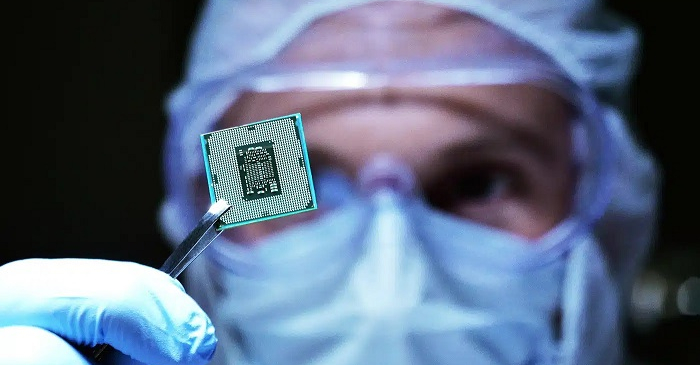Israel has quietly positioned itself as a critical hub in the global semiconductor industry, driving innovation in chip design and research while serving as a base for some of the world’s largest technology firms.
The country’s strength lies not in mass manufacturing but in design and research and development (R&D), where its highly skilled engineers play a pivotal role in shaping the technologies powering today’s smartphones, computers, and advanced systems.
Tech Giants Invest in Israel
Multinational corporations such as Intel, Apple, Nvidia, and Qualcomm maintain extensive operations in Israel. Intel, which has operated in the country for decades, runs one of its key R&D and manufacturing facilities in Kiryat Gat. Apple operates several R&D centers across Israel, where engineers contribute to the design of its signature A-series processors used in iPhones and iPads.
Nvidia significantly deepened its footprint after acquiring Israeli company Mellanox Technologies, while Qualcomm has also invested heavily in research operations.
Startups Driving Innovation
Israel’s thriving startup culture has also become a cornerstone of its contribution to the chip sector. Many of its young companies have been acquired by global giants seeking to incorporate Israeli innovation into their products. Apple’s purchase of Anobit (flash memory technology) and PrimeSense (3D sensing) are two notable examples, both of which were later integrated into iPhone hardware.
Manufacturing Still Abroad
Despite its prowess in design and R&D, Israel does not dominate large-scale chip fabrication. The majority of processor manufacturing remains concentrated in East Asia particularly in Taiwan and South Korea — as well as the United States. These regions house the world’s most advanced semiconductor foundries, such as TSMC and Samsung.
Nevertheless, industry analysts note that Israel’s strategic role in chip design and technology development makes it an indispensable player in the global supply chain, especially as demand for powerful, energy-efficient processors continues to grow.


